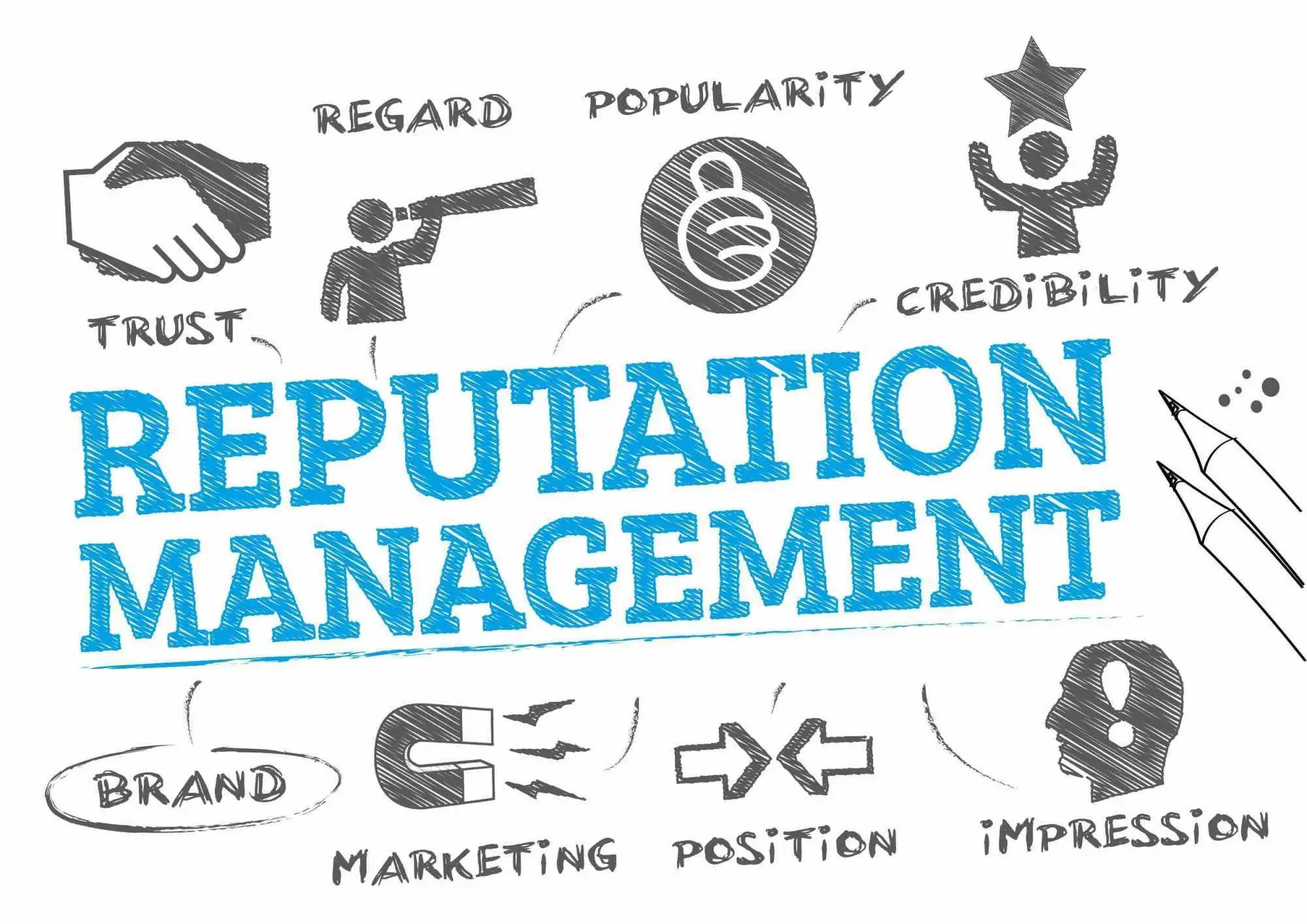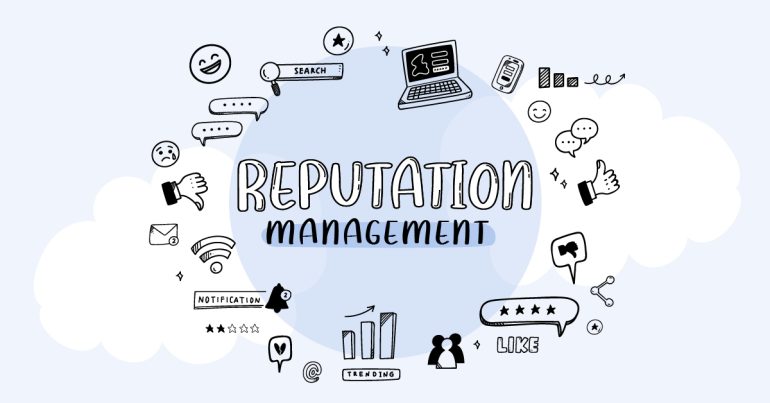In today’s hyperconnected digital world, your online reputation can make or break your business success. A single negative review or viral social media post can undo years of careful brand building, while a strong digital presence opens doors to new opportunities and customer trust. Online reputation management (ORM) has evolved from a reactive damage control strategy to a proactive approach that shapes how customers, partners, and stakeholders perceive your brand across all digital touchpoints.
Whether you’re a small business owner, enterprise leader, or individual professional, understanding the right tools and techniques for managing your online reputation is no longer optional—it’s essential for sustainable growth. This comprehensive guide explores proven strategies and cutting-edge tools that will help you take control of your digital narrative and build lasting credibility in the digital marketplace.
Understanding Online Reputation Management
Online reputation management encompasses the strategic process of monitoring, influencing, and controlling your brand’s digital footprint across multiple online channels. This multifaceted approach involves tracking brand mentions, managing customer reviews, responding to feedback, and optimizing search results to present your brand in the most favorable light.
The foundation of effective ORM lies in understanding the four key media types that shape your online presence: paid media (advertisements and sponsored content), earned media (reviews and third-party mentions), shared media (social media interactions), and owned media (your website and controlled content). Each channel requires specific attention and tailored strategies to maintain consistency and credibility.
Essential ORM Techniques for Success

Proactive Monitoring and Real-Time Response
Successful reputation management begins with comprehensive monitoring of your digital presence. Implementing real-time tracking systems allows you to identify potential issues before they escalate into major crises. Regular reputation audits help assess your current standing and identify areas for improvement.
Content Creation and Thought Leadership
Creating high-quality, valuable content positions you as an industry authority while pushing down negative search results. Regular blog posts, LinkedIn articles, and expert commentary demonstrate expertise and build trust with your audience. This proactive content strategy ensures that when people search for your brand, they find informative, positive content that showcases your knowledge and professionalism.
Social Media Engagement and Community Building
Maintaining active social media profiles with regular updates and prompt responses to comments and messages keeps your audience engaged. This consistent interaction demonstrates attentiveness and builds stronger relationships with your community while improving your digital visibility.
Top ORM Tools for 2025
Comprehensive Monitoring Solutions
Leading ORM platforms like Brand24 offer dynamic monitoring with sentiment detection and influencer identification, starting at $199 per month. Mention provides robust social media and web monitoring with real-time alerts, beginning at $49 monthly. These tools scan the internet continuously, alerting you to new mentions and sentiment changes.
Review Management Platforms
Specialized review management tools like Birdeye excel at enterprise-level reputation management with AI-powered insights and multi-location support. ReviewPush and WiserReview offer affordable solutions for small businesses, providing automated review requests and centralized response management.
Local SEO and Listing Management
Tools like Yext and BrightLocal focus on managing business listings across directories while monitoring local search performance. These platforms ensure consistent business information across all online directories, crucial for local businesses and multi-location enterprises.
Crisis Management and Response Strategies
Effective ORM requires preparation for potential reputation crises. Establishing clear roles and responsibilities, creating response templates, and implementing rapid response protocols can minimize damage when negative situations arise. The key is addressing issues promptly and professionally while maintaining transparent communication with your audience.
Successful online reputation management combines strategic planning, the right tools, and consistent execution. By implementing these techniques and leveraging appropriate ORM platforms, businesses can build stronger digital presence, enhance customer trust, and drive sustainable growth in an increasingly competitive online marketplace.

